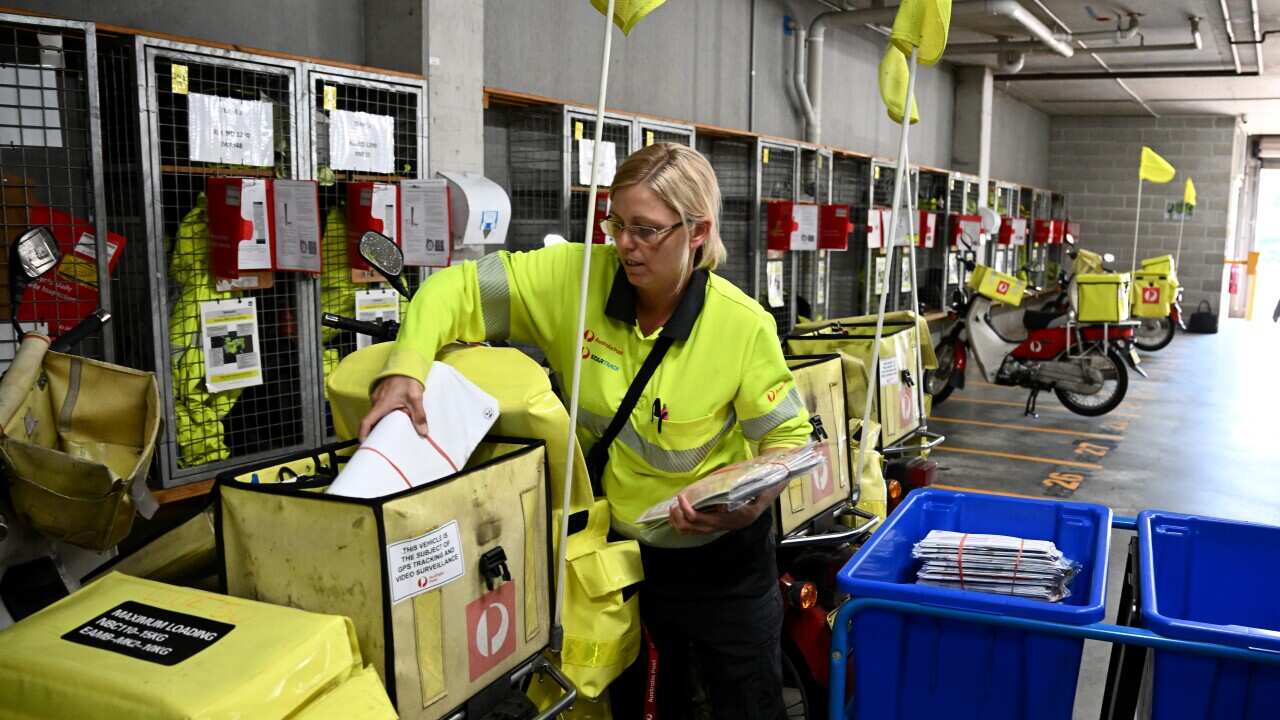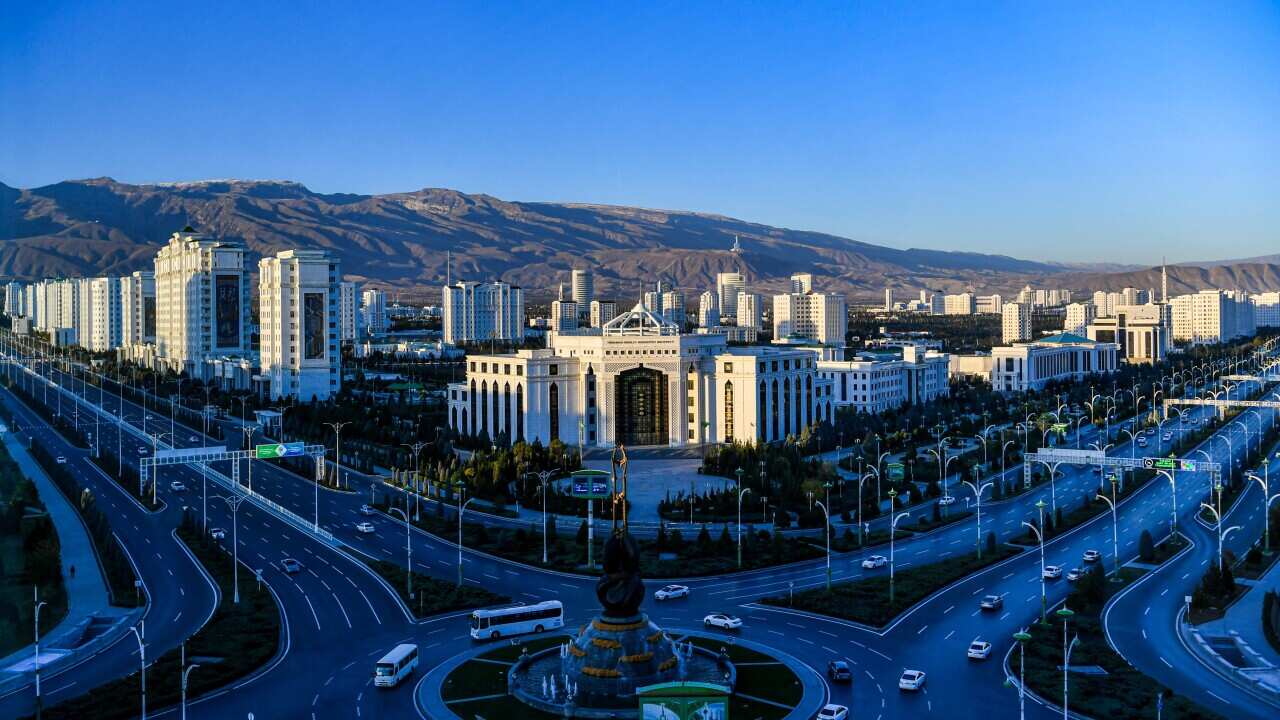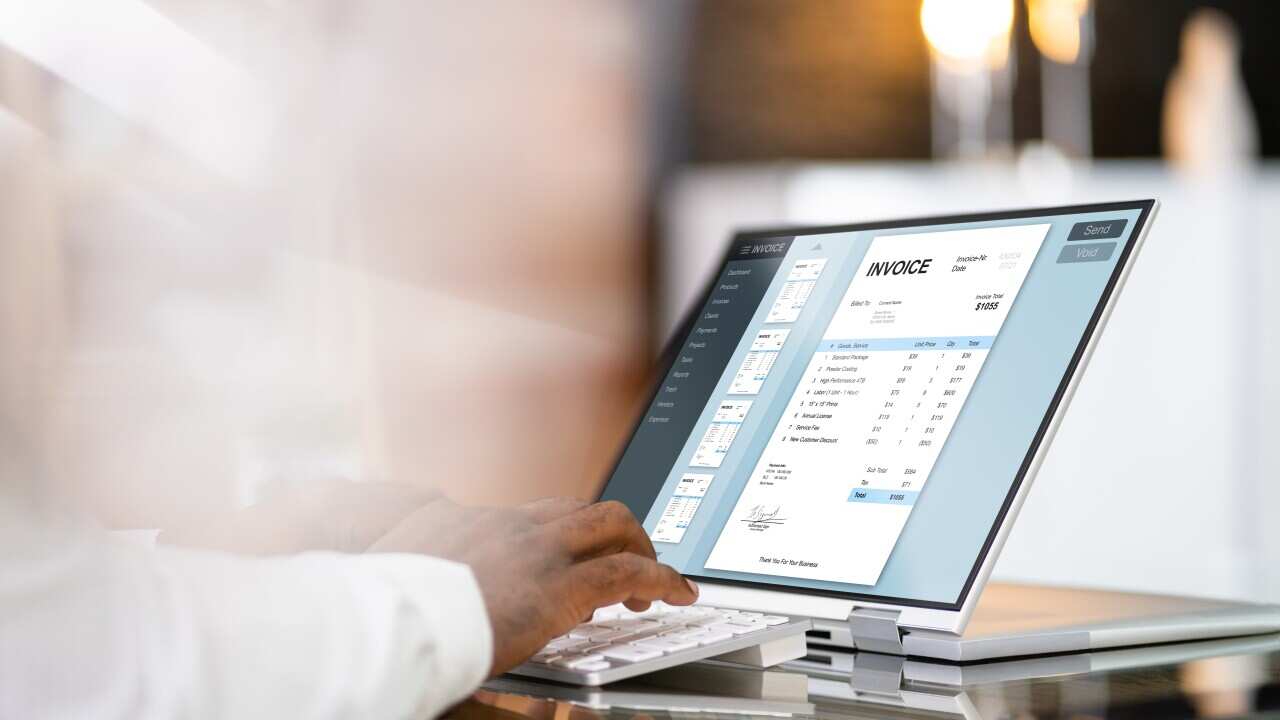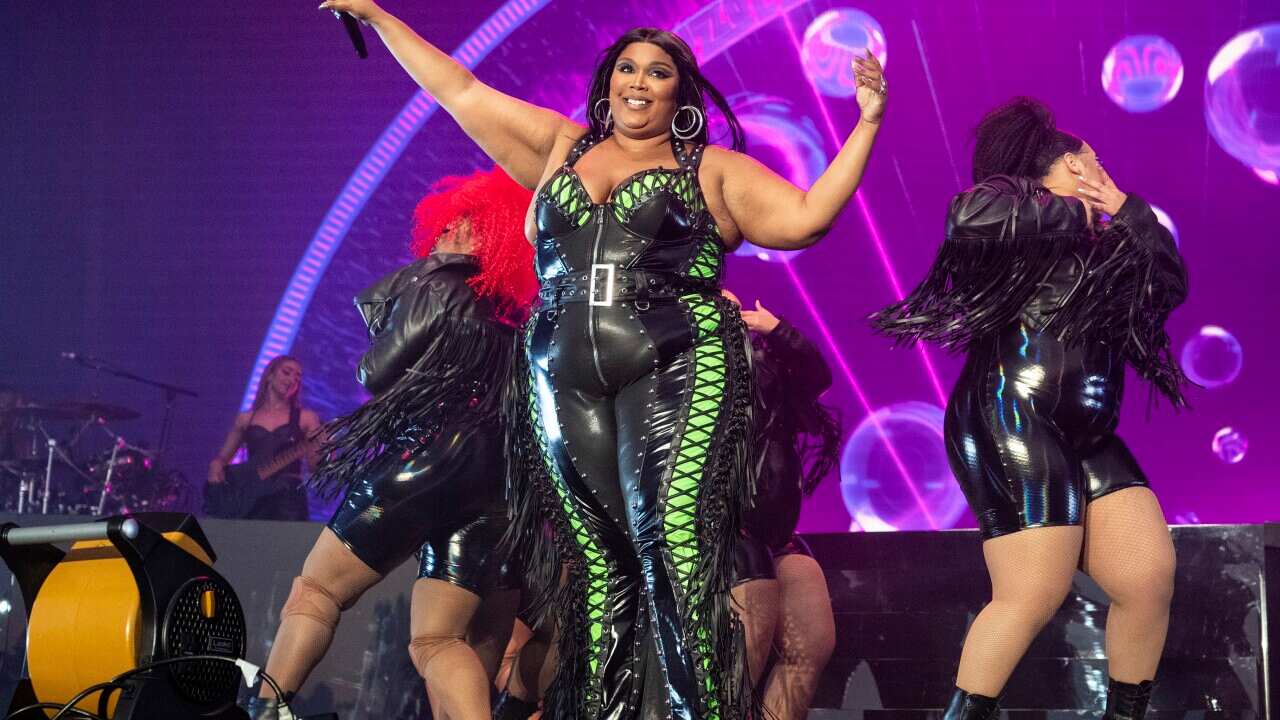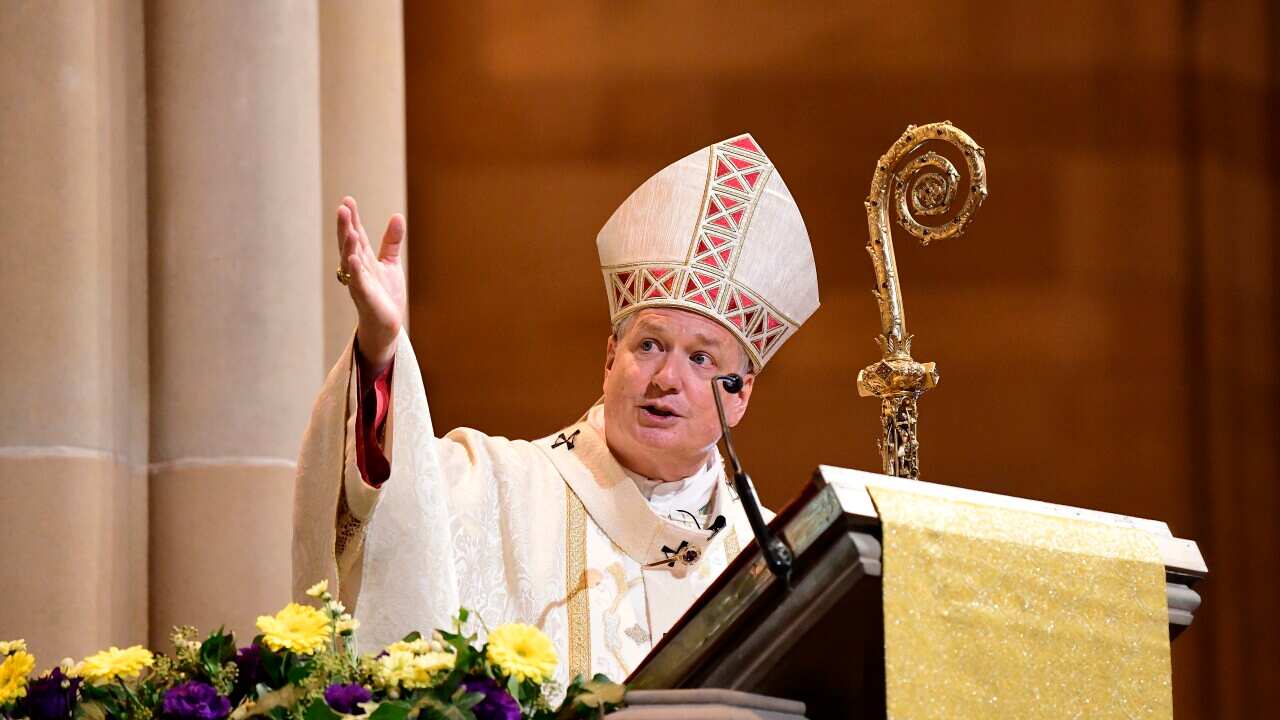As violence continues in Gaza, social media has become a secondary battleground, with both Israel and Hamas using Twitter to get their messages across. But who is winning the social media war?
Israel and Hamas wage information war
Since Israel , both Israel and Hamas have used social media as a tool to communicate information and "get the truth out" amid the fast-moving conflict.
The Israeli Military tweets regularly to its more than 350,000 followers with updates on rocket activity and Israel's Iron Dome missile defence system.
Israeli also uses Twitter to post updates on the conflict to his more than 3000 followers.
Twitter accounts for Hamas' military wing, the al-Qassam Brigades, have been equally active, posting regular updates and information on those killed in air strikes. The accounts – they have several in different languages including Arabic and Hebrew – are but usually crop up again a short time later.
"If you wanted to find a very unscientific way of polling public opinion on this issue, you could count hashtags."
But do tweets from Israel and Hamas impact on global perceptions of the conflict?
Professor James Der Derian of Sydney University's Centre for International Security Studies told SBS most outsiders on Twitter could probably see past bias and bravado.
"I think everybody puts on a sceptical lens when they see a Twitter tag coming out of an official body like Hamas; like Israel," he said.
"The real power of Twitter is in how [ordinary] people can attach photographs and videos."
"That's a better way to judge public opinion - what are the reactions to those images and do they go viral?"
Getting the truth out or spreading propaganda?
While both sides of the Gaza conflict claim to use social media to communicate factual information, there is a strong vein of propaganda running through each campaign.
Each use slick graphics, photographs and videos to present their version of the conflict, at times engaging with each other to do so.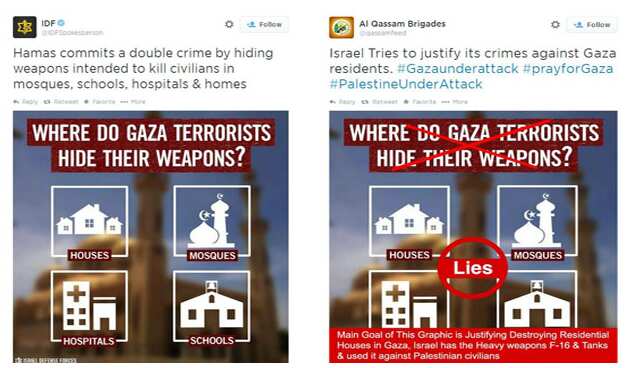 Through its , the Israeli Defence Force encourages user engagement as asks hypothetical "what if" questions such as "what if terrorists could shoot this rocket at your country?" with accompanying graphics.
Through its , the Israeli Defence Force encourages user engagement as asks hypothetical "what if" questions such as "what if terrorists could shoot this rocket at your country?" with accompanying graphics.

Meanwhile Hamas and its supporters regularly tweet images of injured Palestinian children.
When asked about these images in an interview with CNN, Israel's Prime Minister Benjamin Netanyahu accused Hamas of exploiting tragedy to push propaganda.
“They use telegenically dead Palestinians for their cause," . "They want the more dead, the better."
Professor Der Derian told SBS that while social media allowed both sides to present propaganda, the public could also access it easily, which made it more difficult for centralised forces to control the narrative coming out of the conflict.
"They realise they don't control the battle space anymore - there are too many independent eyes on it," he said.
"It used to be that militaries could pretty much say who could be near the front and who could take a picture but now with Twitter, you can upload almost instantaneously these images and it's very difficult to control the meaning of them."
Pictures from the ground: Watching war in real time
Horrific images of dead and injured civilians, including many children, have been a hallmark of this conflict, triggering worldwide condemnation and calls for an end to the violence.
The fact that these photos can be projected around the world in seconds could have the power to turn the international tide against Israel.
It was the image of a young girl running down the road naked with napalm burns that virtually ended US involvement in the Vietnam war - the US public were horrified and support for the war plummeted.
Professor Der Derian told SBS the constant stream of photographs coming out of Gaza has changed the way we view war in the region.
"Obviously the battlefield in war has been represented for centuries - ever since the civil war and even before that. However there was a pretty long lag time from when the image was taken and when its reached and audience and how big an audience it reached," he said.
"So that's changed on an almost exponential level, given the nature of internet and the immediacy by which you can get an image out to a global audience."
But he said there was a risk that audiences would grow indifferent to the horrors of war as more and more photographs emerged online.
"Obviously a war image is incredibly painful," he said. 'But when you have a surplus of these images, you have a new reaction which is – I'm sorry to say this – boredom or indifference."
Nevertheless, compassion fatigue over the plight of Gazans does not seem to have set in yet, with mounting .
A 'war of hashtags'
Popular hashtags that have emerged on Twittter throughout the conflict include #StopIsrael and #IsraelUnderAttack.
One of the most used and most controversial is the #FreePalestine hashtag which people have used to show their sympathies for Palestinians.
Many celebrities have faced criticism after using this hashtag.
was the latest to voice his concern about Israeli actions when he posted #FreePalestine on his Twitter account last week.
Popstar Rihanna also tweeted the hashtag, after receiving a barrage of abusive messages.
At the time of deletion, the post had been retweeted more than 4000 times.
Social media expert Axel Bruns of Queensland University of Technology told SBS the hashtags carried particular weight, even after tweets were deleted.
"You can't make these things go away. Someone always has a a copy of these deleted tweets," he said.
Listen to the full interview with Axel Bruns:
He criticised Rhianna's decision to delete the tweet, saying it left fans with confusion about her opinion and suspicion she may be pandering to pressure.
"It would possibly be better in this case to say, ‘Look, I support a free Palestine, at the same time I support the continued rights of Israel to exist as a country'," he said.
The star later tweeted that she hoped for a peaceful end to the conflict.
The popularity of hashtags such as #GazaUnderAttack have been looked on as a sign of which side is "winning" the social media war, with hashtags in favour of Palestine generally getting higher numbers.
But Professor Der Derian said they were a crude polling method at best.
"If you wanted to find a very unscientific way of polling public opinion on this issue, you could count hashtags," he said. "But this can be easily manipulated."
Mainstream media meets social media
Celebrities are not the only ones to get into hot water for expressing an opinion on the conflict over social media.
was covering the conflict after writing a controversial tweet in which she described Israeli men who had allegedly threatened her as "scum".
CNN apologised after a heavy backlash and reassigned her to Moscow.
Professor Der Derian said journalists had a difficult task in reporting on the conflict.
"There’s a difference between neutrality and objectivity and I think that every reporter or correspondent worth their salt should be striving for objectivity. But to maintain neutrality when you’re witnessing something so as horrific and disproportional as the killing of innocent civilians – and I put that on both sides – maintaining that neutrality is very difficult."
Who is winning the social media war?
Despite rising international calls for a halt to the bloodshed in Gaza, the Israeli security cabinet decided this week to . But in a promising development, both sides today (Friday August 1, AEST) agreed to a , due to start at 8am local time (1500 AEST).
Amid the violence, Israel and Hamas have continued to push their message, but is either "winning" the information war?
Professor Der Derian believed it was too difficult to tell.
"I think it's difficult to say who's winning the 'war', he said." "In a conventional war you seize the centre of gravity which might be a capital city or a strategic battlefield - but in a media war the centre of gravity is diffused.
"Obviously people are fighting for the moral high-ground; they're fighting for public opinion and measuring who’s winning that part of the war is exceptionally difficult."
Listen to the full interview with Professor James Der Derian:

